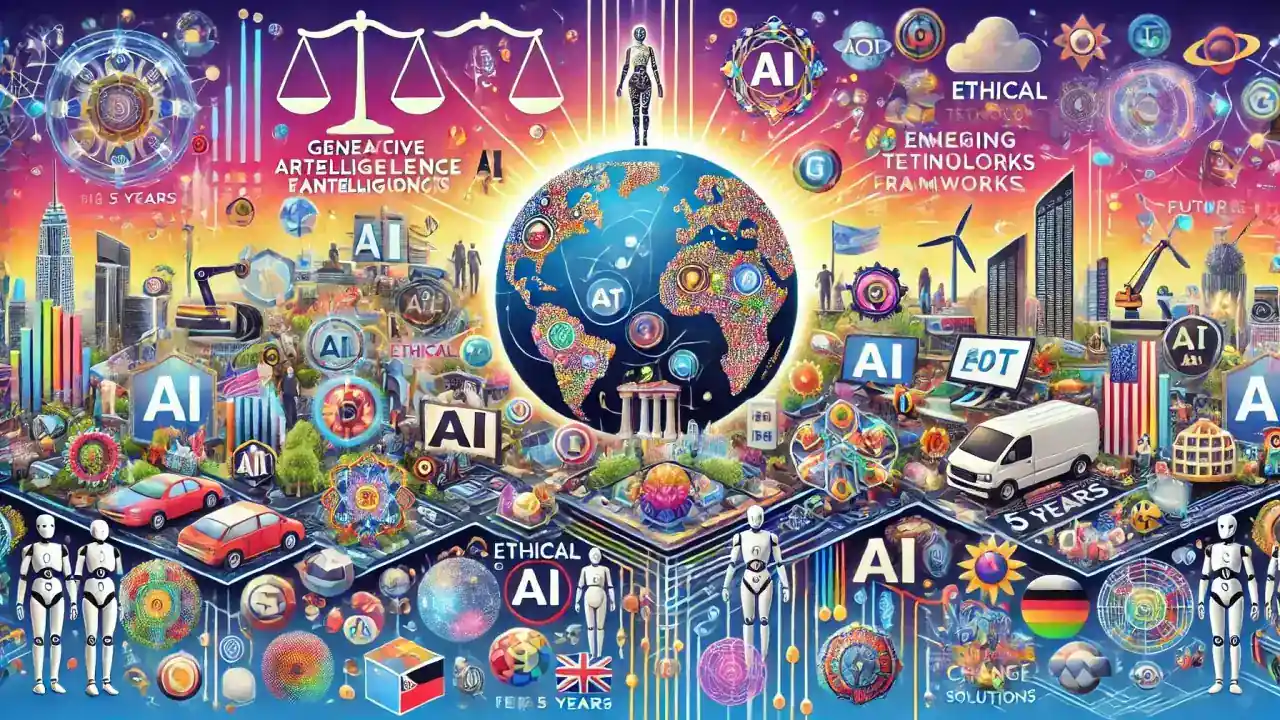Navigating the Ethical Frontier: AI Governance and Responsible Development in India

New Delhi: As Artificial Intelligence permeates every facet of Indian life, from agriculture to governance, the critical need for a robust ethical and regulatory framework is intensifying. Experts warn that without immediate and comprehensive guidelines, India risks embedding societal biases, compromising citizen data, and facing significant socio-economic disruptions.
Key Concerns Demand Swift Action:
- Bias Amplification: Studies reveal AI models trained on skewed Indian datasets can exacerbate existing inequalities, hindering equitable access to vital services for marginalized communities. For instance, AI-powered agricultural advisories might overlook the specific needs of smallholder farmers in certain regions due to limited data representation.
- Data Security Vulnerabilities: With the increasing reliance on AI for processing sensitive information, cyberattacks targeting AI infrastructure have become a growing threat. Recent incidents highlight the vulnerability of citizen data managed by AI-driven platforms, demanding stringent data protection measures.
- Job Market Transformation: The rapid automation potential of AI is predicted to displace millions of jobs in India's labor-intensive sectors. Experts emphasize the urgent need for proactive skilling and reskilling initiatives to mitigate widespread unemployment.
- Accountability Deficit: The 'black box' nature of some advanced AI algorithms makes it challenging to assign responsibility when errors or biases lead to adverse outcomes, eroding public trust and hindering effective redressal mechanisms.
- Global Governance Landscape: While several nations are actively establishing AI governance frameworks, India's progress in enacting a unified national policy is perceived as lagging, potentially hindering its ability to navigate the global AI ecosystem effectively.
Expert Insights Underscore the Imperative:
"India's unique socio-cultural fabric necessitates an AI governance framework that goes beyond global norms and addresses our specific challenges, from linguistic diversity to digital literacy disparities," asserts Dr. Priya Sen, a leading policy analyst specializing in AI ethics.
"The window to shape AI development in India responsibly is narrowing," cautions Mr. Vikram Joshi, a technology law expert. "We need a multi-stakeholder approach to create clear, enforceable regulations that foster innovation while safeguarding fundamental rights."
Government Initiatives Under Scrutiny:
While the Indian government has initiated discussions and formed committees on AI ethics, the absence of concrete legislation and a unified national strategy remains a point of concern. Stakeholders are urging for a faster and more decisive approach to policy formulation.
The Path Forward: Collaboration and Contextualization:
The consensus among experts is that an effective AI governance framework for India must be a collaborative effort involving policymakers, industry leaders, researchers, and civil society. It must also be deeply contextualized to address India's specific societal nuances and developmental goals.
The choices India makes in the coming years regarding AI ethics and governance will profoundly shape its technological trajectory and its impact on its vast and diverse population. The urgency to establish a clear and responsible path forward cannot be overstated.


